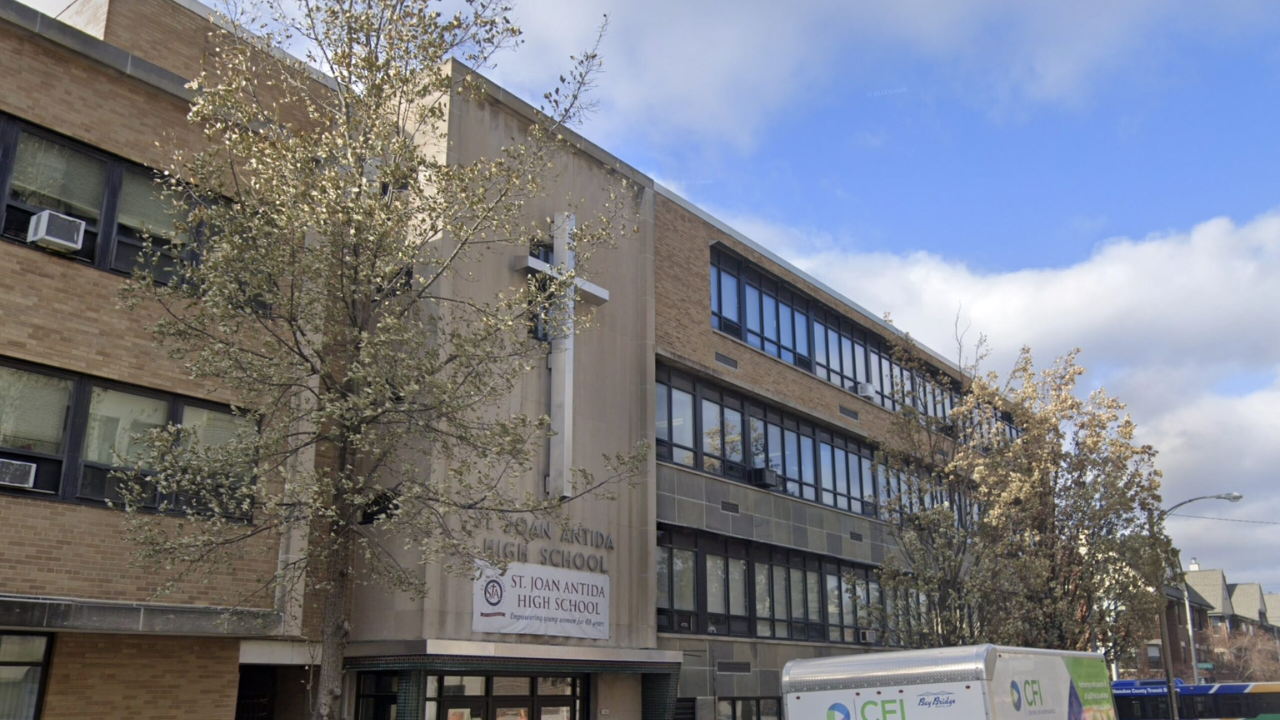Every year, taxpayers across the country contribute a large amount of money to support education. But a growing concern is where this money is going, especially when public funds end up supporting private schools that do not answer to the public.
Many believe this is unfair and wrong because these private schools are not held accountable like public schools are.
Private schools often receive funding through government programs, including vouchers or tax credits. These programs allow families to use public money to pay for private school tuition.
The idea is to give parents more choice in their children’s education. While choice is important, it should not come at the cost of transparency and responsibility.
When taxpayers’ money goes to private schools, it must be used wisely and openly. Unfortunately, many private schools are not required to share detailed information about how they spend public funds or how well their students perform.
Without clear rules and oversight, it is hard to know if the money is being used to provide a good education or if it is being wasted.
Public schools have strict rules to ensure that funds are used properly. They must report their spending, follow state education standards, and meet testing requirements.
This kind of oversight protects students and taxpayers alike. Private schools receiving public money should be held to the same standards. Otherwise, the public has no way to check if the funds are helping children learn or just supporting schools without proof of success.
Another issue is that private schools sometimes do not serve all students equally. Public schools must accept every child, including those with disabilities or special needs.
Private schools can choose who they admit and may reject students based on various reasons. When public money supports selective private schools, it means that some children are left behind without the support they need.
Taxpayer funds should go to schools that serve all students fairly and openly. Education is a public good, and the government must ensure that public money helps every child get a good education. When private schools are given public money without rules, it weakens the education system as a whole.
It is also important to consider that public schools face many challenges, including a lack of funding, overcrowded classrooms, and aging facilities.
Diverting public money to private schools without accountability makes it harder for public schools to improve. This affects millions of children who depend on public education for their future.
Many experts argue that the solution is to demand stronger accountability for private schools that get public funding. This means requiring private schools to follow the same rules as public schools on spending, testing, and admissions.
It also means better tracking of how well students are doing so taxpayers can be sure their money is making a real difference.
In conclusion, while parents should have choices about their children’s education, this must not come at the expense of accountability.
Taxpayer money belongs to the public and must be used responsibly. Private schools that receive public funding should be held to the same high standards as public schools. Otherwise, it is unfair to taxpayers and harmful to students who deserve a transparent and fair education system.






